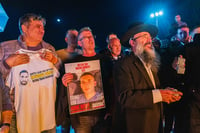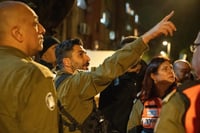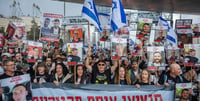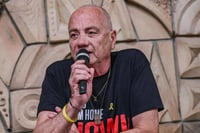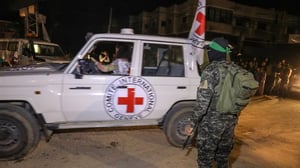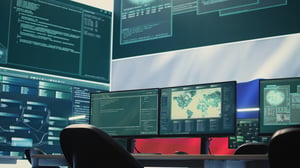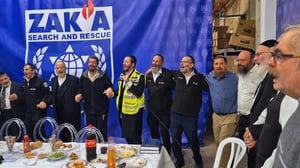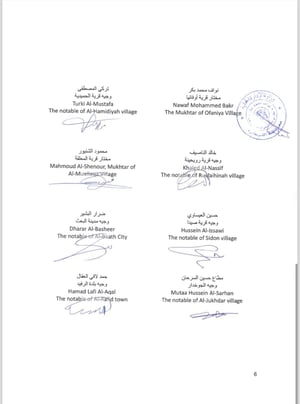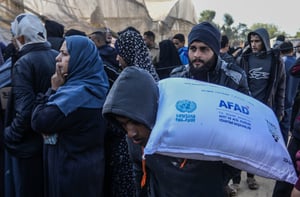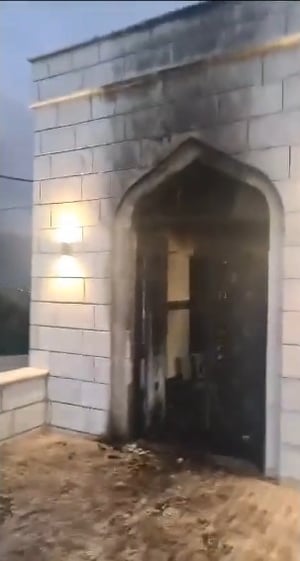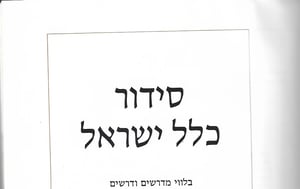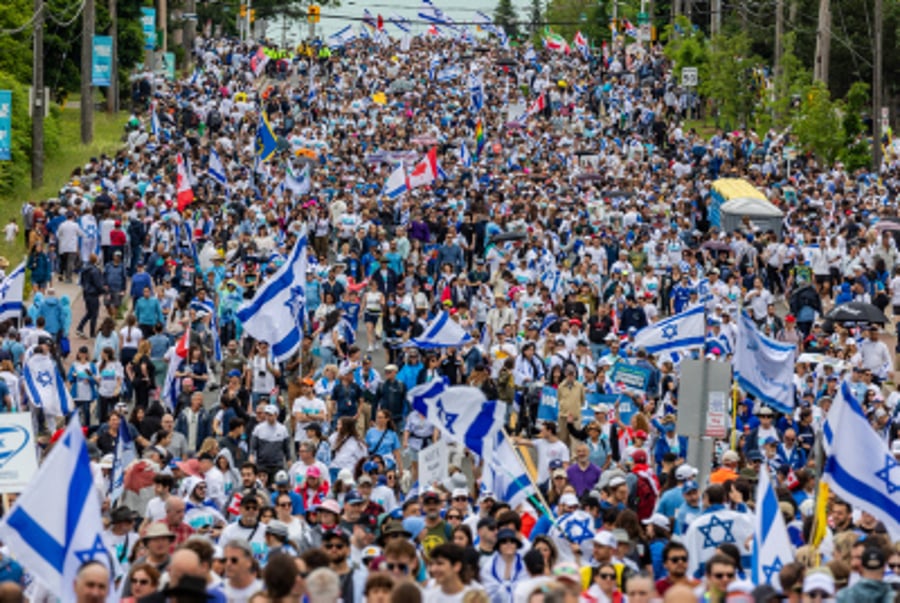
On Sunday, thousands of Toronto's Jewish community members marched in the annual "Walk with Israel" event, organized by UJA (United Jewish Appeal) Federation of Greater Toronto.
The UJA anticipated a record turnout at the event, which included a 5 km walk and a festival. The UJA estimated that there would be 50,000 participants, although Toronto police have yet to provide an official count. Marchers waved Israeli flags and carried posters of individuals taken hostage during the October 7 Hamas attack.
As reported by the CBC, the event was marked by a robust police and private security presence, with Bathurst Street closed off for the march. Within the first hour, participants encountered two groups of protesters. Police used buses to block protesters' views and formed barriers to manage heated exchanges between groups chanting “free, free Palestine” and “bring them home.” Six arrests were made, though police did not disclose the specifics or affiliations of those detained.
Noah Shack of the UJA Federation highlighted the extensive security as a reflection of the current climate in Toronto, pointing to an increase in hate directed at the Jewish community since the conflict began.
The march also included individuals directly affected by the violence, such as Avichai Brodutch, whose wife and children were released from captivity in November. Brodutch expressed the importance of community support and solidarity during these times.
Toronto resident Maayan Shavit shared her distress over her cousin, who remains a hostage of Hamas. Shavit emphasized the humanity of the captives, asserting, “You don’t trade people ... they are not soldiers, they are civilians.”
The march coincided with other voices within the Jewish community expressing dissent. Groups opposing Israel's actions in Gaza called for solidarity with a pro-Palestinian encampment at the University of Toronto.
The event underscored the deep divisions and heightened emotions within the community, as well as the ongoing debate over Israel's military actions and the broader implications for peace and security in the region.


